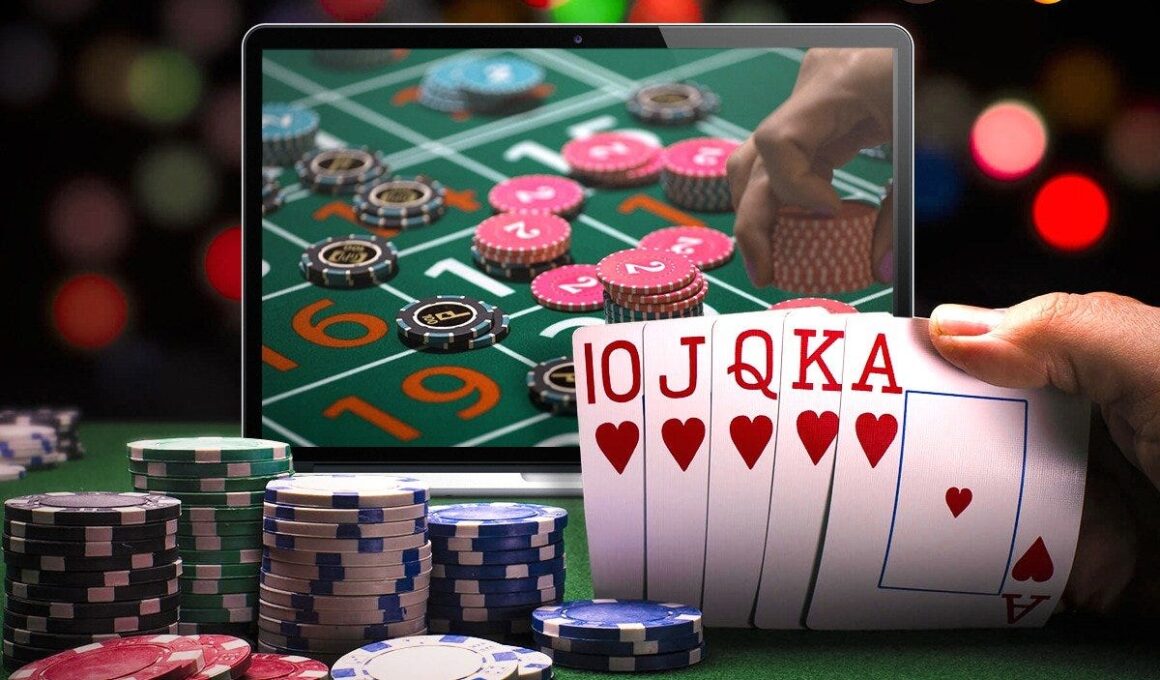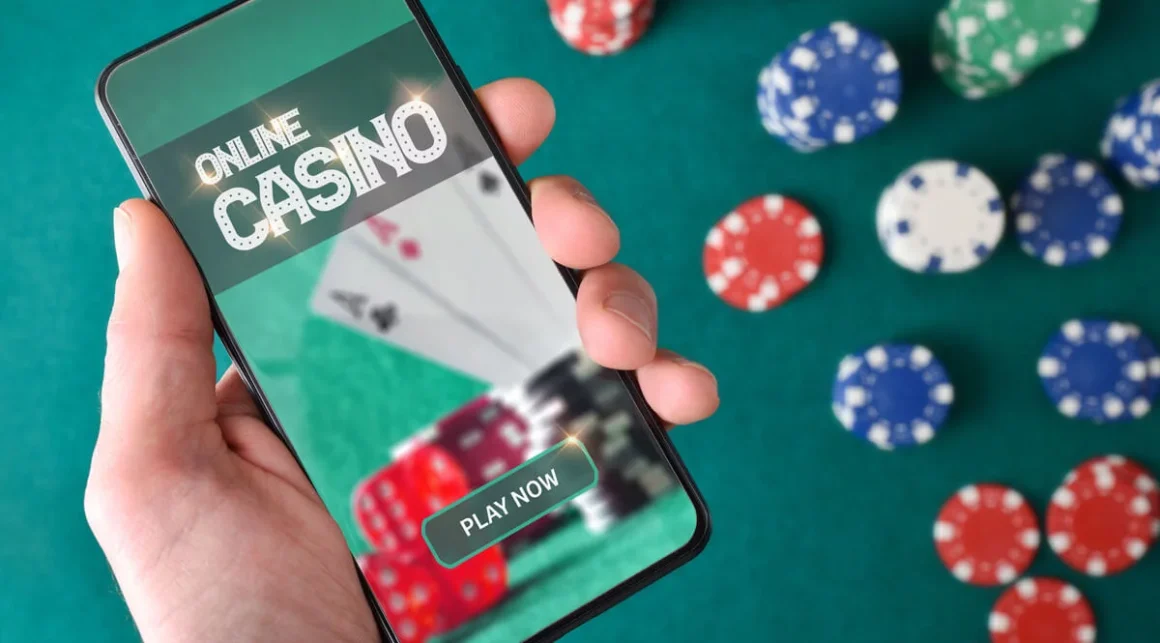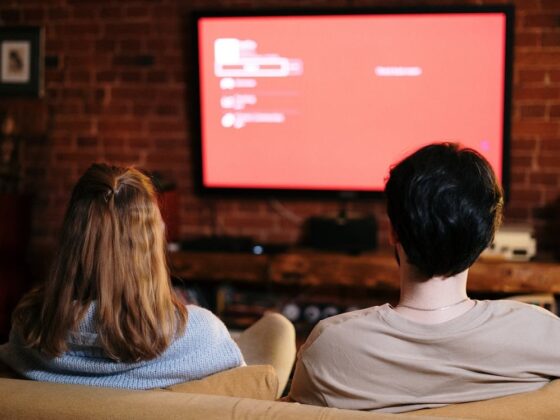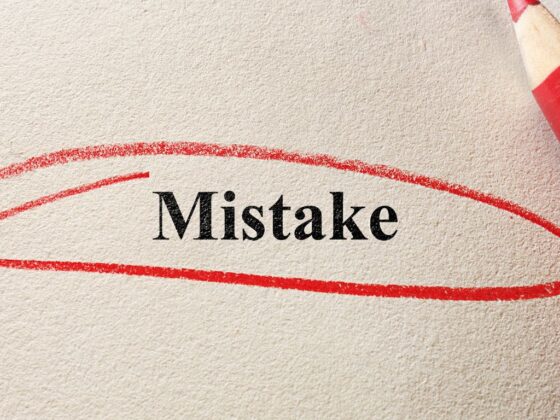Have you ever wondered why you keep chasing a jackpot, even when the odds are stacked against you? The flashing lights, the thrilling sounds, and the promise of easy wins are not accidents—they are masterfully designed tools to manipulate your brain. Let’s unravel the psychology behind it.
Key Points:
- Casino environments exploit sensory triggers to keep players engaged.
- Reward systems are designed to mimic addictive behaviors.
- Visual and auditory cues make losses feel less impactful.
- Casinos rely on near-misses to manipulate emotions.
- Anchors like bonuses and promotions are tailored to exploit cognitive biases.
How Does Your Brain React to Gambling?
The first spin or card draw lights up the reward center in your brain. Dopamine floods your system, giving you a euphoric rush. It’s the same chemical that fuels addictions. Once your brain associates betting with pleasure, the cycle begins.
Now consider this: casinos aren’t just selling entertainment; they are crafting experiences that keep you coming back. Every element, from the carpet to the sounds of a slot machine, is fine-tuned to keep your dopamine levels fluctuating.
Even if you lose, the brain convinces itself to try again, chasing the same high. And that’s where the real game begins.
Can You Spot the Subtle Manipulation?

It’s not just luck that keeps you hooked. It’s psychology, and every part of a casino has a purpose. Platforms like Casino 168 are prime examples of how modern operators adapt these strategies online, blending sensory cues and accessibility to mimic the in-person experience. Bonuses, flashy graphics, and live dealers are all designed to simulate real-world conditions.
The goal? To keep you immersed long enough to bet more. Every time you hesitate, an enticing offer pops up—a free spin or a small credit. It’s calculated to tip the scales in their favor.
Why Are Near-Misses So Powerful?
Imagine spinning a reel and seeing two cherries line up, with the third one just missing by a hair. That’s no accident. Near-misses are programmed to feel like close calls, fooling your brain into believing a win is just around the corner.
Here’s what happens:
- The brain processes near-misses as almost wins, boosting dopamine.
- You feel motivated to try again because it seems achievable.
- Repeat losses become less discouraging because the “almost” creates hope.
Casinos understand that hope is the hook. It’s not about the actual win; it’s about the illusion of control.
Why Do Losses Feel Less Painful in a Casino?
When you’re losing money elsewhere, it stings. But inside a casino, it feels less severe. Ever notice how you’re using chips or digital credits instead of cash? This design makes money feel less real, so you don’t think about your losses in the same way.
Add to this the constant stimulation—lights, sounds, drinks—and your focus shifts. You’re less aware of time, money, and the reality of what’s happening. The environment numbs critical thinking and amplifies impulsive behavior.
The Role of Sounds and Lights

What do slot machines, roulette wheels, and online games have in common? A symphony of sensory distractions. Every sound and flash reinforces behavior, even when you lose. It’s a psychological trick that creates a loop:
- Wins trigger celebratory sounds, even for small amounts.
- Losses go unnoticed because of continuous flashing lights.
- The brain processes the experience as fun, not costly.
Online platforms replicate this with animations and sound effects, ensuring players feel the same rush.
How Does the House Always Win?
It’s no secret that the odds favor the operator. But what makes it worse is the illusion that you’re in control. Games like blackjack or poker give the impression of skill, but the house edge ensures long-term profitability. Even games of chance like roulette or slots are designed to give just enough small wins to keep you hooked.
Here’s how the system works:
- Small wins create a false sense of progress.
- Bigger losses are spread out, so they feel less significant.
- Promotions lure you back after heavy losses.
This subtle balancing act ensures you keep betting more than you can win.
Why Are Promotions So Irresistible?
Let’s talk about bonuses. Free spins, matching deposits, and loyalty rewards aren’t acts of generosity. They’re psychological anchors designed to pull you in. Once you accept a bonus, you’re likely to spend more to meet wagering requirements.
These offers exploit cognitive biases like the sunk-cost fallacy. Players think, “I’ve already started; might as well keep going.” It’s a clever trick that keeps you locked in longer than planned.
The Online Experience ─ Is It Any Different?

In many ways, online platforms elevate the manipulation. Sites like Casino 168 blend accessibility with advanced algorithms, ensuring you always see what tempts you most. Personalized promotions, autoplay features, and even live dealers recreate the in-person atmosphere, tricking your brain into spending more time and money.
Mobile apps make it even easier. Your favorite game is just a tap away, with notifications and reminders nudging you back into action. It’s convenience is weaponized against self-control.
Can You Outsmart the System?
Awareness is your first defense. Recognize the signs of manipulation:
- Near misses that make you want to try again.
- Small wins are celebrated like jackpots.
- Promotions that feel too good to be true.
Set limits before you start. Know how much time and money you’re willing to spend, and stick to it. Most importantly, walk away when it stops being fun.
Final Thoughts
Gambling is not inherently evil, but the systems are designed to work against you. Knowing the tactics behind the allure can help you enjoy it responsibly. Treat it as entertainment, not a strategy for making money. When you understand the game, you hold the power—not the house.


